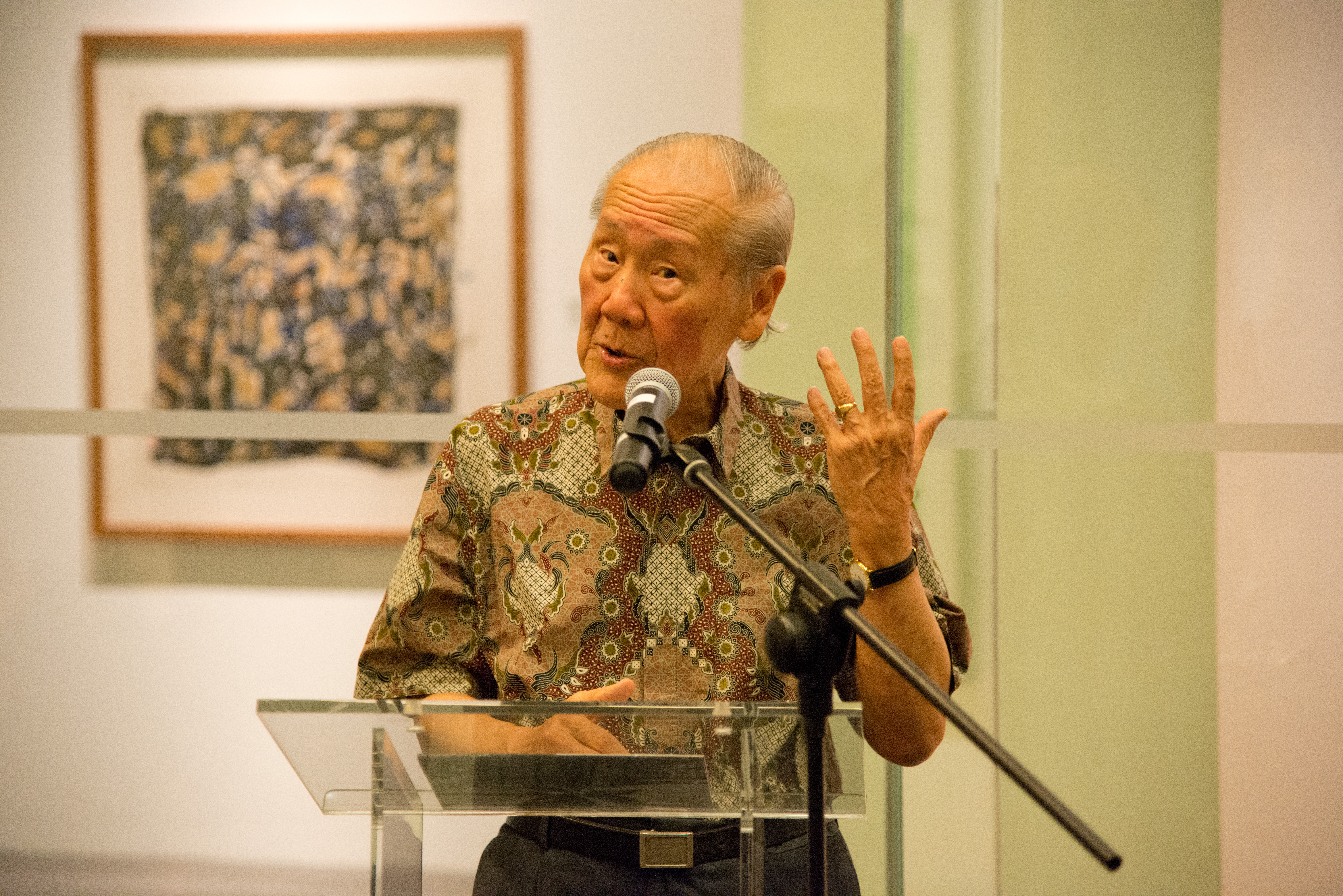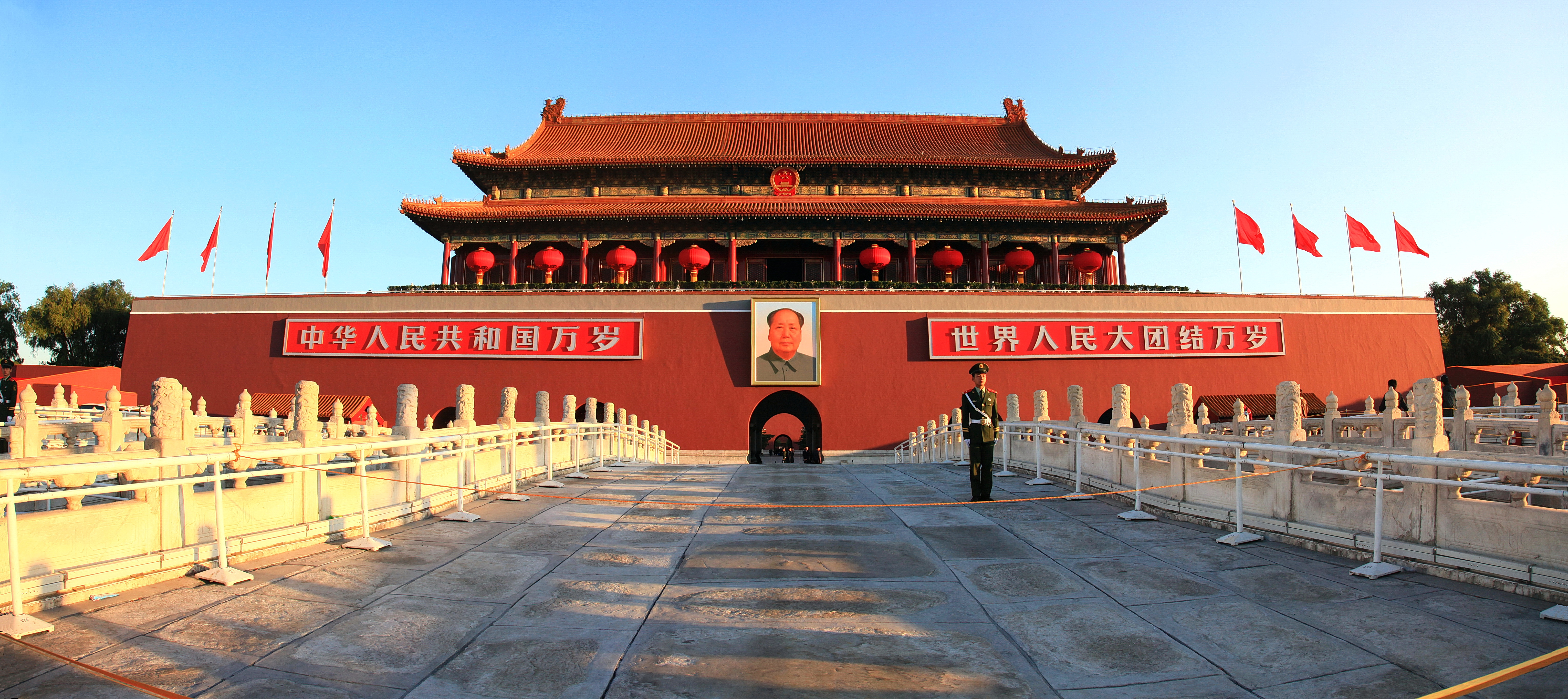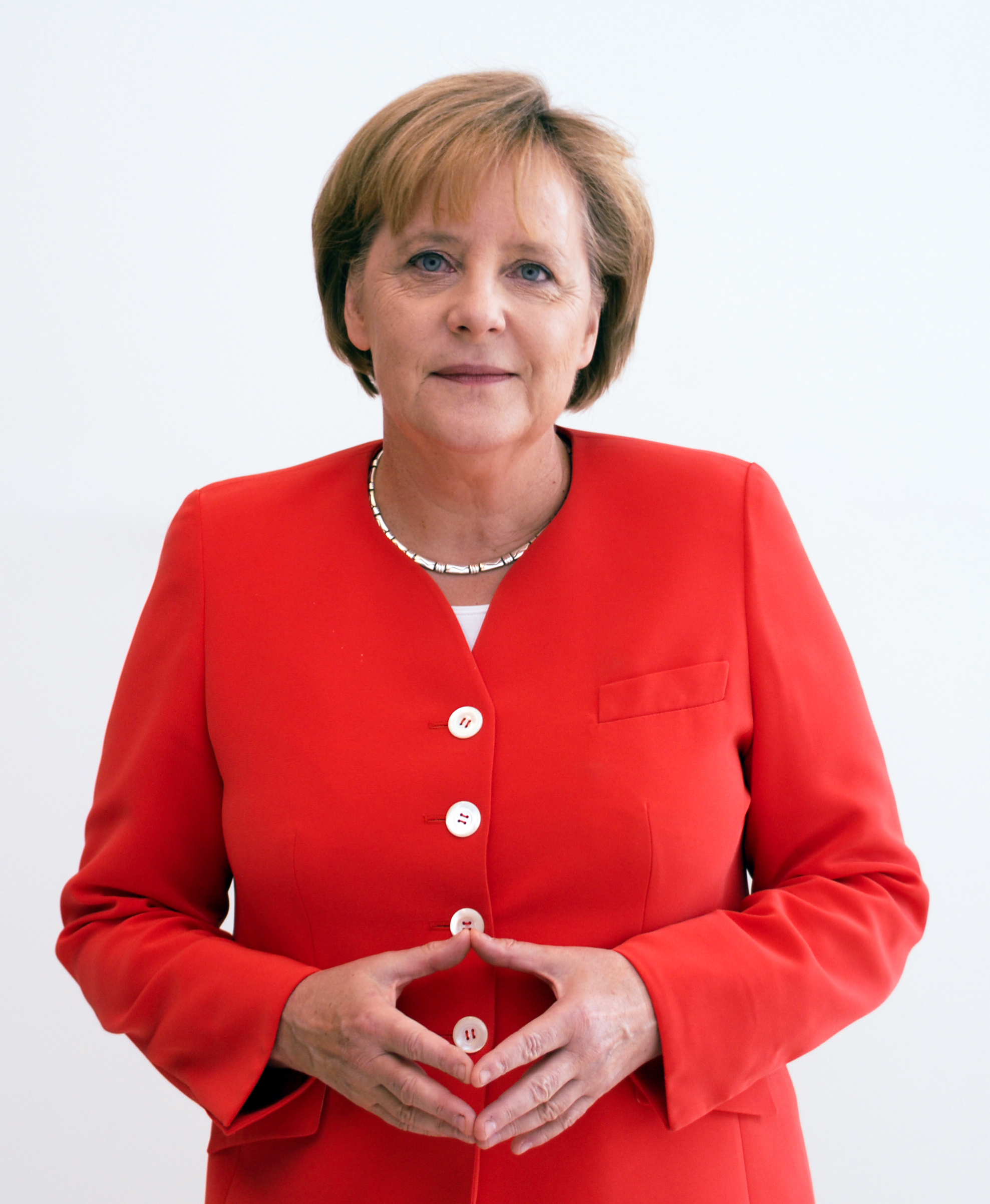|
American Tianxia
American Tianxia is a term coined by the historian Wang Gungwu in 2013 to refer to the contemporary global order centered on the United States. It was further developed by sociologist Salvatore Babones to analyze today's millennial world-system through the lens of the Chinese concept of ''tianxia'', meaning "all under heaven." While the United States is often called an "empire," this is a historically loaded term that is associated with perceptions of American imperialism. The concept of ''tianxia'' has a different set of meanings attached to it that Wang suggests and Babones argues are closer to what the United States actually displays in its contemporary approach to foreign affairs. Background The original Chinese term ''tianxia'' describes a world-system that, according to Wang, described "an enlightened realm that Confucian thinkers and mandarins raised to one of universal values that determined who was civilized and who was not." The term first became widely used during the Z ... [...More Info...] [...Related Items...] OR: [Wikipedia] [Google] [Baidu] |
Wang Gungwu
Wang Gungwu, (; born 9 October 1930) is a Chinese-Singaporean historian, sinologist, and writer. He is a historian of China and Southeast Asia. He has studied and written about the Chinese diaspora, but he has objected to the use of the word ''diaspora'' to describe the migration of Chinese from China because both it mistakenly implies that all overseas Chinese are the same and has been used to perpetuate fears of a " Chinese threat", under the control of the Chinese government. An expert on the Chinese tianxia ("all under heaven") concept, he was the first to suggest its application to the contemporary world as an American Tianxia. Background Wang was born in Surabaya, Indonesia to ethnic Chinese parents from Taizhou, Jiangsu and grew up in Ipoh, Malaysia. He completed his secondary education in Anderson School, an English medium school in Ipoh. Wang studied history in the University of Malaya, where he received his bachelor's and master's degrees. He was a founding member of ... [...More Info...] [...Related Items...] OR: [Wikipedia] [Google] [Baidu] |
Qing Dynasty
The Qing dynasty ( ), officially the Great Qing,, was a Manchu-led imperial dynasty of China and the last orthodox dynasty in Chinese history. It emerged from the Later Jin dynasty founded by the Jianzhou Jurchens, a Tungusic-speaking ethnic group who unified other Jurchen tribes to form a new "Manchu" ethnic identity. The dynasty was officially proclaimed in 1636 in Manchuria (modern-day Northeast China and Outer Manchuria). It seized control of Beijing in 1644, then later expanded its rule over the whole of China proper and Taiwan, and finally expanded into Inner Asia. The dynasty lasted until 1912 when it was overthrown in the Xinhai Revolution. In orthodox Chinese historiography, the Qing dynasty was preceded by the Ming dynasty and succeeded by the Republic of China. The multiethnic Qing dynasty lasted for almost three centuries and assembled the territorial base for modern China. It was the largest imperial dynasty in the history of China and in 1790 the f ... [...More Info...] [...Related Items...] OR: [Wikipedia] [Google] [Baidu] |
Chinese Century
The Chinese Century () is a neologism suggesting that the 21st century may be geoeconomics, geoeconomically or geopolitically dominated by the People's Republic of China, similar to how the "American Century" refers to the 20th century and the "British Centuries" to the 18th and 19th. The phrase is used particularly in association with the prediction that the economy of China may overtake the economy of the United States to be the largest in the world. A similar term is China's rise or rise of China (). China created the Belt and Road Initiative which according to analysts has been a geostrategic effort to take a larger role in global affairs and threatens US post-war hegemony. It has also been argued that China co-founded the Asian Infrastructure Investment Bank and New Development Bank to compete with the World Bank and the International Monetary Fund in development finance. In 2015, China launched the Made in China 2025 strategic plan to further develop its manufacturing sect ... [...More Info...] [...Related Items...] OR: [Wikipedia] [Google] [Baidu] |
Pax Sinica
''Pax Sinica'' (Latin for "Chinese peace"; ) is a historiographical term referring to periods of peace and stability in East Asia, Northeast Asia, Southeast Asia, and Central Asia led by China. A study on the Sinocentric world system reveals that the multiple periods of ''Pax Sinica'', when taken together, amounted to a length of approximately two thousand years. The first ''Pax Sinica'' of the Eastern world emerged during the rule of the Han dynasty and coincided with the ''Pax Romana'' of the Western world led by the Roman Empire. It stimulated long-distance travel and trade in Eurasian history. Both the first ''Pax Sinica'' and the ''Pax Romana'' eroded at circa AD 200. A resurgence of this term has happened in recent years, especially after 2010. The rapid rise of the People's Republic of China is seen by some analysts as a possible return to ''Pax Sinica'', as the economy of China is set to be the largest national economy in the world, and already has in some aspects. ... [...More Info...] [...Related Items...] OR: [Wikipedia] [Google] [Baidu] |
List Of Tributary States Of China
This is a list of states that paid tribute to the Central Plain dynasties of China under the tributary system. It encompassed states in Europe, East Asia, South Asia, Central Asia and Southeast Asia. List of tributaries In the 5th century, a status hierarchy was an explicit element of the tributary system in which Korea and Vietnam were ranked higher than others, including Japan, the Ryukyus, Siam and others.Kang, David C. (2010). All diplomatic and trade missions were construed in the context of a tributary relationship with China, including: *Brunei (文萊) ** Borneo ** Poni (渤泥)Kerr, George. (2000). *CambodiaShambaugh, David L. ''et al.'' (2008). citing the 1818 ''Collected Statutes of the Qing Dynasty'' (''DaQing hui-tien'') **Kingdom of Funan **Zhenla *Japan ** Wa (Japan) (16 tribute missions) ** Asuka Japan ( 5 tribute missions) Book of Sui, vol. 81 ** Nara/ Heian Japan ( 16 tribute missions) **Ashikaga shogunate ( 20 tribute missions) *Korea{{Cite book, url=htt ... [...More Info...] [...Related Items...] OR: [Wikipedia] [Google] [Baidu] |
Reciprocity (international Relations)
In international relations and treaties, the principle of reciprocity states that favors, benefits, or penalties that are granted by one state to the citizens or legal entities of another, should be returned in kind. For example, reciprocity has been used in the reduction of tariffs, the grant of copyrights to foreign authors, the mutual recognition and enforcement of judgments, and the relaxation of travel restrictions and visa requirements. The principle of reciprocity also governs agreements on extradition. Specific and diffuse reciprocity Several theorists have drawn a distinction between specific forms of reciprocity and "diffuse reciprocity" (Keohane 1986). While specific reciprocity is exemplified by international trade negotiations, as suggested above, diffuse reciprocity points to a wider institutionalisation of trust. Through consistent cooperation in an international society, states are seen as building generally accepted standards of behaviour. These general standar ... [...More Info...] [...Related Items...] OR: [Wikipedia] [Google] [Baidu] |
Economic Sanctions
Economic sanctions are commercial and financial penalties applied by one or more countries against a targeted self-governing state, group, or individual. Economic sanctions are not necessarily imposed because of economic circumstances—they may also be imposed for a variety of political, military, and social issues. Economic sanctions can be used for achieving domestic and international purposes. The efficacy of sanctions is debatable—there are many failures—and sanctions can have unintended consequences. Economic sanctions may include various forms of trade barriers, tariffs, and restrictions on financial transactions. Since the mid-1990s, United Nations Security Council (UNSC) sanctions have tended to target individuals and entities, in contrast to the comprehensive embargoes of earlier decades. An embargo is similar, but usually implies a more severe sanction. An embargo (from the Spanish ''embargo'', meaning hindrance, obstruction, etc. in a general sense, a trading ban ... [...More Info...] [...Related Items...] OR: [Wikipedia] [Google] [Baidu] |
Pax Americana
''Pax Americana'' (Latin for "American Peace", modeled after ''Pax Romana'' and ''Pax Britannica''; also called the Long Peace) is a term applied to the concept of relative peace in the Western Hemisphere and later in the world after the end of World War II in 1945, when the United States became the world's dominant economic and military power. In this sense, ''Pax Americana'' has come to describe the military and economic position of the United States relative to other nations. The Marshall Plan, which spent $13 billion after World War II to rebuild the economies of Western Europe, has been described as "the launching of the Pax Americana". Early period The first articulation of a ''Pax Americana'' occurred after the end of the American Civil War (in which the United States both quashed its greatest disunity and demonstrated the ability to field millions of well-equipped soldiers utilizing modern tactics) with reference to the peaceful nature of the North American ... [...More Info...] [...Related Items...] OR: [Wikipedia] [Google] [Baidu] |
Leader Of The Free World
The Free World is a propaganda term, primarily used during the Cold War from 1945 to 1991, to refer to the Western Bloc and similar countries. It also more broadly refers to all non-communist and democratic countries. It has traditionally primarily been used to refer to the countries allied and aligned with the United States, the European Union and NATO. The term "leader of the free world" has been used to imply a symbolic and moral leadership, and was mostly used during the Cold War in reference to the president of the United States. History of the concept Origins During World War II, the Allied powers viewed themselves as opposing the oppression and fascism of the Axis powers, thus making them "free". Following the end of World War II, the Cold War conception of the "Free World" included only anti-Soviet states as being "free", particularly democratically elected states with free speech, a free press, freedom of assembly and freedom of association. During the Cold War, ma ... [...More Info...] [...Related Items...] OR: [Wikipedia] [Google] [Baidu] |
President Of The United States
The president of the United States (POTUS) is the head of state and head of government of the United States of America. The president directs the executive branch of the federal government and is the commander-in-chief of the United States Armed Forces. The power of the presidency has grown substantially since the first president, George Washington, took office in 1789. While presidential power has ebbed and flowed over time, the presidency has played an increasingly strong role in American political life since the beginning of the 20th century, with a notable expansion during the presidency of Franklin D. Roosevelt. In contemporary times, the president is also looked upon as one of the world's most powerful political figures as the leader of the only remaining global superpower. As the leader of the nation with the largest economy by nominal GDP, the president possesses significant domestic and international hard and soft power. Article II of the Constitution establ ... [...More Info...] [...Related Items...] OR: [Wikipedia] [Google] [Baidu] |
Yuen Khong
Yuen Foong Khong (; born 1956) is the Li Ka Shing Professor of Political Science at the Lee Kuan Yew School of Public Policy, National University of Singapore. He was previously Professor of International Relations at Nuffield College, University of Oxford. Prior to that, he was Associate Professor of Government at Harvard University. A cited expert whose highest cited paper is ''Analogies at War: Korea, Munich, Dien Bien Phu, and the Vietnam Decisions of 1965'' at 894 times, according to GoogleScholar. Khong' research interests are in United States foreign policy, international relations theory, the international politics of the Asia Pacific region, and cognitive approaches to international relations.Prof Yuen Khong. uffield College. Retrieved 28 May 2015. He received his PhD (Political Science/Internat ... [...More Info...] [...Related Items...] OR: [Wikipedia] [Google] [Baidu] |
Liberal Democracy
Liberal democracy is the combination of a liberal political ideology that operates under an indirect democratic form of government. It is characterized by elections between multiple distinct political parties, a separation of powers into different branches of government, the rule of law in everyday life as part of an open society, a market economy with private property, and the equal protection of human rights, civil rights, civil liberties and political freedoms for all people. To define the system in practice, liberal democracies often draw upon a constitution, either codified (such as in the United States) or uncodified (such as in the United Kingdom), to delineate the powers of government and enshrine the social contract. After a period of expansion in the second half of the 20th century, liberal democracy became a prevalent political system in the world.Anna Lührmann, Seraphine F. Maerz, Sandra Grahn, Nazifa Alizada, Lisa Gastaldi, Sebastian Hellmeier, Garry Hindle ... [...More Info...] [...Related Items...] OR: [Wikipedia] [Google] [Baidu] |






